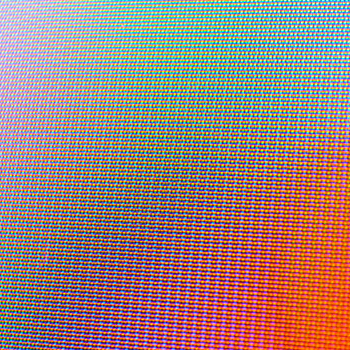Question #055ec
1 Answer
Sep 21, 2017
The integral may converge or diverge.
Explanation:
Example:
Let f(x) = x
Let a = 0
Let b = -1.
For this function and these values of a and b...
Therefore
However if:
Let f(x) = 1
Let a = 0
Let b = -1.
For this function and these values of a and b...
Therefore
Were there limitations on f, or am I understanding your question correctly?

